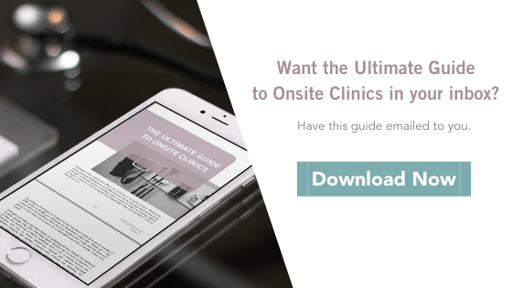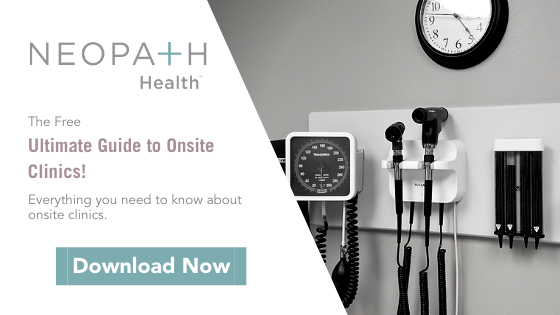Modern life is stressful if the last few years have taught us anything. Your employees are doing their best to balance work with world issues – like the pandemic, social unrest, climate change, and the political environment. Employee mental health support needs to be a priority for leaders starting now.
On the upside, our collective challenges brought mental health out of the shadows. Topics like anxiety, depression, stress, and burnout are being discussed more frequently, and more leaders are being vulnerable by sharing their mental health struggles.
At the same time, even the most well-staffed EAP program cannot handle all the mental health support needs. And while the stigma is changing, not everyone feels comfortable discussing mental health or extending their support.
Take a proactive approach to understanding employee mental health support
Leaders need to start providing their employees with mental health support because they feel most comfortable with their immediate leader. Honoring that relationship by being open to difficult conversations humanizes you as a leader. It sets the tone that we all get to be human – even at work.
There are two primary benefits to taking a proactive approach:
- From the employee’s perspective: offering your support to employees struggling with mental health is the right thing to do and shows you care.
- From the company’s perspective: acknowledging without judgment that mental health issues can affect performance and that happy workers are more productive.
We recommend leaders take a holistic view that recognizes that employees live big messy lives that don’t always fit tidily into compartments. Issues they’re having at home seep into the workplace, and their challenges at work get brought home. It’s hard to separate them – especially in a digital world.
Five steps leaders can take to expand employee mental health support
Step #1: Educate yourself on company policies
If one of your employees comes to you in a crisis, you don’t want that to be the first time you’ve looked into what programs the company has available. Review your company’s employee resource guide for available employee mental health support programs or talk to your HR partner.
Step #2: Recognize the signs
Take the time to educate yourself on mental health and burnout signs. Nobody expects you to become an expert, but you’re in the best position to notice sudden changes in behavior that may indicate someone is struggling. Above all else, don’t go through the motions or give people false hope.
Step #3: Know how to start a conversation
Find a simple formula you can use to investigate with care. Go into conversations knowing it’s a time to listen rather than probe, and never expect people to share more than they’re comfortable with. Learn more about empathetic leadership, learn to regulate yourself, and always manage your own emotions during these conversations. The more skilled you become, the more you can help normalize these conversations and change the tone about mental health at work.
Step #4: Take a worldview
Stay aware of what’s happening in the community, country, and world, and anticipate how that could affect your team. Be willing to check in with your team about whether outside events are causing them additional mental health pressure. In our work with mid-sized companies, we’ve learned that when employers don’t acknowledge the impact of current events, it can feel like a form of gaslighting to employees.
Step #5: Advocate for more well-being programming
Continue destigmatizing mental health in the workplace by advocating for a broad range of well-being programming. Go beyond an EAP and encourage your employer to offer more comprehensive options like self-study and group workshops on stress, mindfulness, and setting boundaries. Consider an onsite clinic with mental health services if it's an option.
Use the “Platinum Rule” to address employee mental health support
We know addressing mental health can be daunting for companies and their leaders. Still, there’s one guiding principle that can help make this easier.
Consider the Platinum Rule (i.e., treat others how they want to be treated rather than how you’d like to be treated). In other words, even if you don’t have direct, personal experience with mental health challenges. Or, if you’d prefer not to discuss mental health at work, consider the other person’s perspective and show up in a way that works for them.
Need help getting started?
At NeoPath, there's a better way to deliver employee mental health support services and care. In partnership with Good Human Work, we provide onsite emotional, relational, and organizational health services offered by licensed therapists.
Let's get started if you're ready to establish, empower, and elevate your employee healthcare.
.png?width=433&name=NeoPath_2019_logo_2color%20(1).png)





